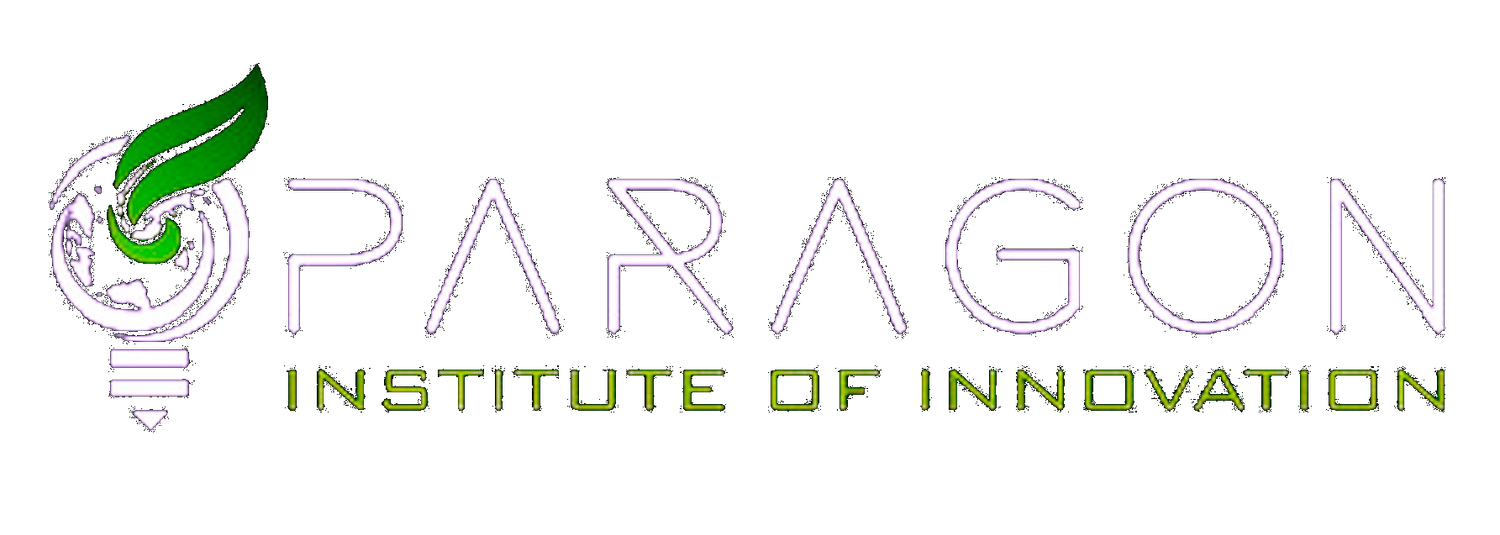Caption: Members of MFAN The River Affair - a community-based Mangrove tree production and guided interpretative river tour in Cavite, Philippines.
RESTORING BIODIVERSITY IN THE PHILIPPINES
The Philippines host one of the greatest concentrations of wildlife species in the world — at least 20,000 of which cannot be found anywhere else.
Our program is designed to protect these endangered ecosystems by way of ecological research, exploration, and educational ecotourism. By engaging beneficiaries with workshops, internships, and life changing travel experiences, we have an opportunity to leave a lasting impression that will elevate their consciousness for how we all can be part of the solution by restoring these incredibly important ecosystems.
The development of integrated, locally based conservation programs will improve awareness, management practices, and involve active participation from relevant stakeholders, especially those who rely most heavily on the natural resources of each region. Paragon works in close collaboration with a network of local and regional agencies that manage the implementation of these priority projects, and contribute to the development of longer-term programs.
With such a large vision, we are constantly expanding our team of international partners as we explore ways to establish self-reliant avenues of funding, diverse technical support, and personnel training curriculum that will allow us to develop and sustain conservation activities in the Philippines for decades to come.
Ultimately, through community programs and eco-tourism, we strive to establish a financially self-sustainable program so that the endemic wildlife and natural habitats of the Philippines can continue to benefit future generations of all who may inhabit, enjoy, and share the natural resources of the country.
Caption: Sa Dagat ang Buhay (Life depends on the Ocean): Coastal Resources Management Project
HOW DO WE DO WHAT WE DO
We are dedicated to bringing effective Transformative Livelihood Programs by skilling-up underserved communities. Here are some steps that we undertake to ensure that these initiatives are successful:
Identify the needs: Conducting an assessment is essential to understanding the challenges and opportunities for our beneficiaries, which allows us to design programs that address specific needs in each community.
Involvement & Implementation: We encourage members from the public to be involved in every step of the program, from identifying the problem to designing and implementing the solution. This will help to ensure that the program is culturally appropriate and meets the needs of the community.
Skills & Capacity: Livelihood programs aim to build the competence and capacity of these participants, so that they can become self-sufficient and independent. This can be done through training, education, and mentorship opportunities.
Sustainability: Livelihood programs are designed to promote long-term sustainability. This can be achieved by advocating for environmentally sustainable practices, encouraging the use of local resources, and building partnerships with different stakeholders such as local government units and businesses, as well as international organizations.
Metrics of Impact: It's important to measure and evaluate the results of the program regularly to ensure that it is meeting its goals and making a positive difference in the community. This can be done through surveys, focus groups, and other evaluation methods.
By following these steps, we believe that our intervention through transformative livelihood programs can have a lasting influence on communities, advancing economic growth, improving the quality of life, and empowering community members to create a better future for themselves and their families.
Caption: Caraballo Mountains Biodiversity Conservation and Management through Community-Based Agro-Forestry Tourism Project



